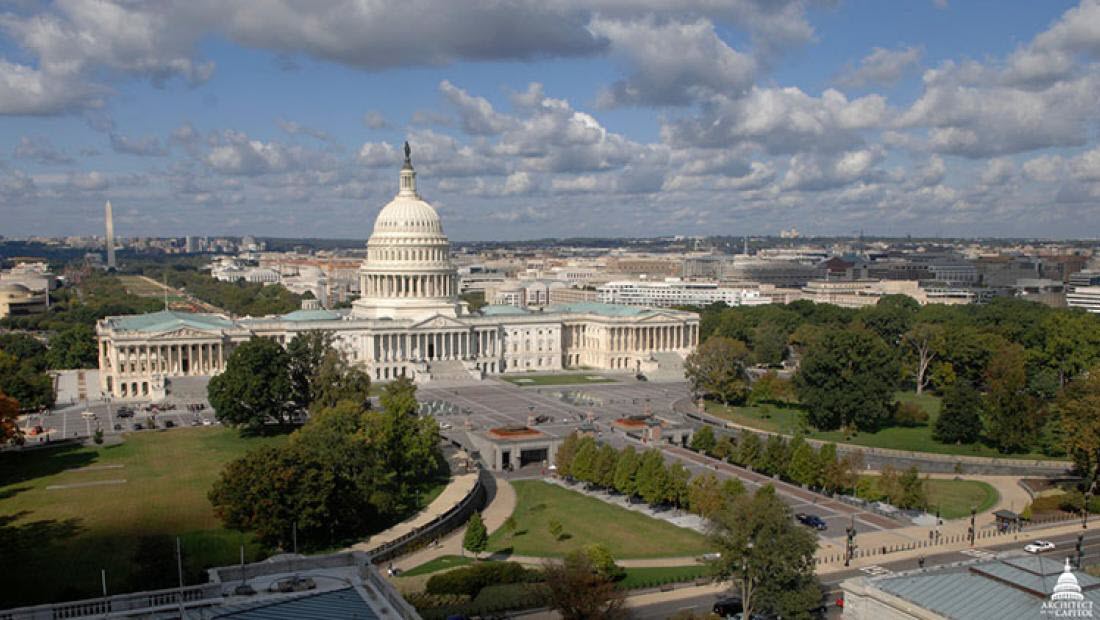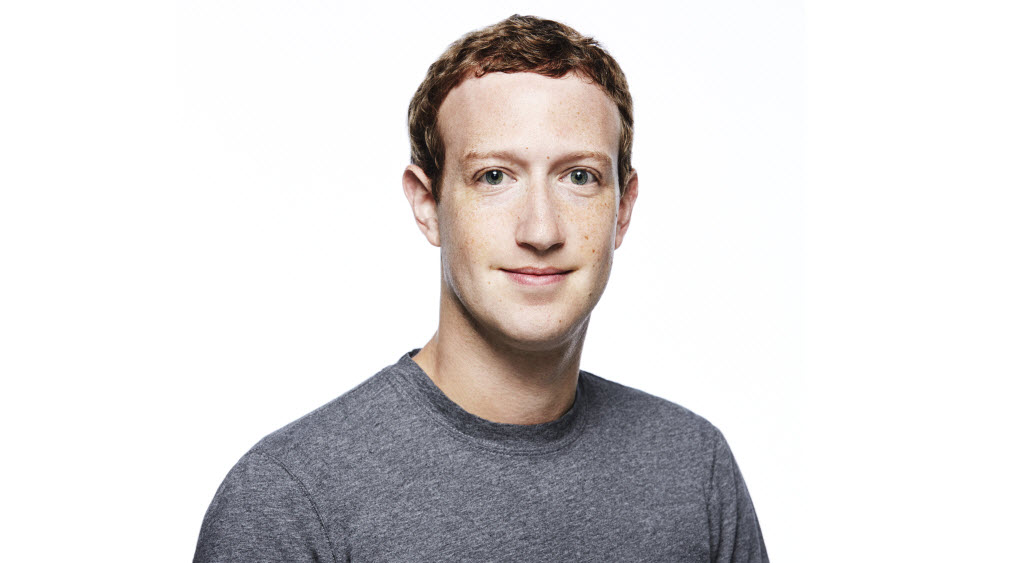Creative Groups: Facebook Is Monopoly

The smarter way to stay on top of broadcasting and cable industry. Sign up below
You are now subscribed
Your newsletter sign-up was successful
More creative coalitions are jumping on the edge-as-gatekeeper/monopoly train in the wake of Facebook CEO Mark Zuckerberg's testimony before House and Senate oversight committees last week.
Related: Creative Unions Signal It's Time to Consider Regulating Edge
In a letter to bipartisan leaders of both those committees (April 19), the independent Film & Television Alliance, Creative Future, the Content Creators Coalition and the American Federation of Musicians said the Facebook hearings last week should only be the beginning of edge oversight.
They said they were speaking on behalf of 240,000 people and 670 companies when they suggested that while they could appreciate a good story, the reality was much different.
"We can all appreciate the story of Facebook's founding in Mr. Zuckerberg's dorm room as a great moment in American entrepreneurialism," they wrote. "It's a lovely tale, but it's also history.

"Today's reality is that Facebook has monopoly power," the letter continued. "It commands and determines the flow of both information and revenue for billions of people and businesses."
Related: Sen. Nelson: Facebook Failed Us
The smarter way to stay on top of broadcasting and cable industry. Sign up below
They said that while they appreciated Zuckerberg owning the issues with his platform -- including data privacy problems and misuse by foreign actors -- apologies were not enough.
"The [historic] failure of Facebook and others to take responsibility is rooted in decades-old policies, including legal immunities and safe harbors, that actually absolve internet platforms of accountability," they wrote, invoking the fair use vs. content protection tension that has long existed between the edge, where content can be copied and distributed in an instant, to the creative communities that need to be paid for their copied and distributed content.
"We agree that change needs to happen – but we must ask ourselves whether we can expect to see real change as long as these companies are allowed to continue to operate in a policy framework that prioritizes the growth of the internet over accountability and protects those that fail to act responsibly," they told the legislators from both parties and in both House and Senate.
"We believe this question must be at the center of any action Congress takes in response to the recent failures," the creative groups said.
They may be preaching to the choir. Numerous legislators at the Zuckerberg hearing suggested a kind of "don't trust but verify" approach was in order following a series of Facebook apologies dating back more than a decade.
Contributing editor John Eggerton has been an editor and/or writer on media regulation, legislation and policy for over four decades, including covering the FCC, FTC, Congress, the major media trade associations, and the federal courts. In addition to Multichannel News and Broadcasting + Cable, his work has appeared in Radio World, TV Technology, TV Fax, This Week in Consumer Electronics, Variety and the Encyclopedia Britannica.

